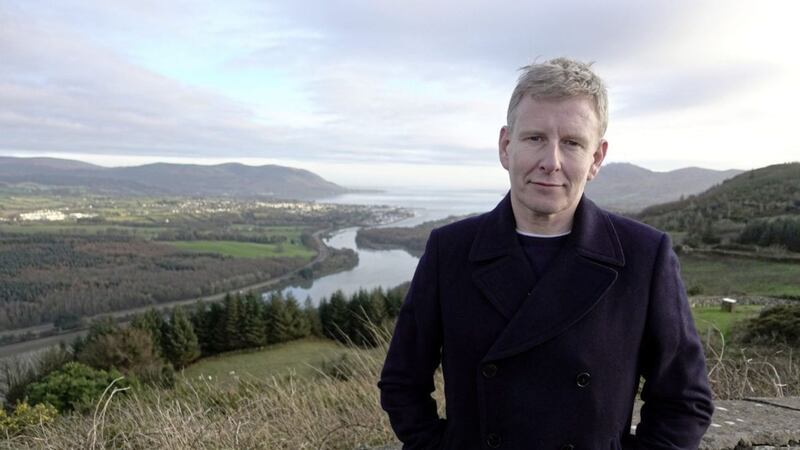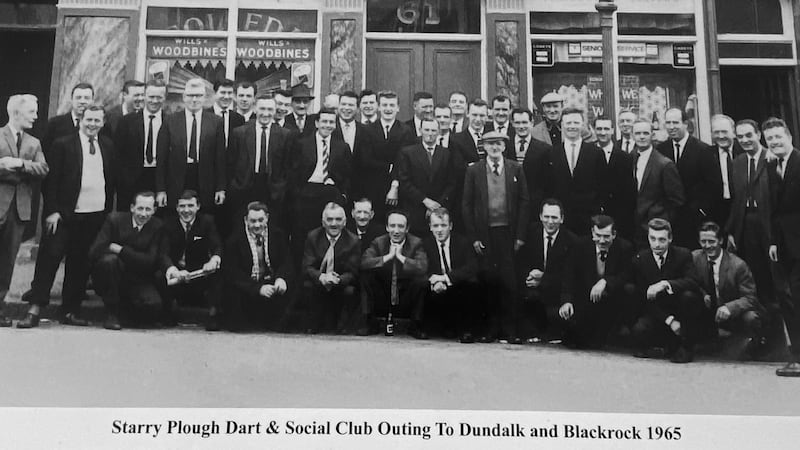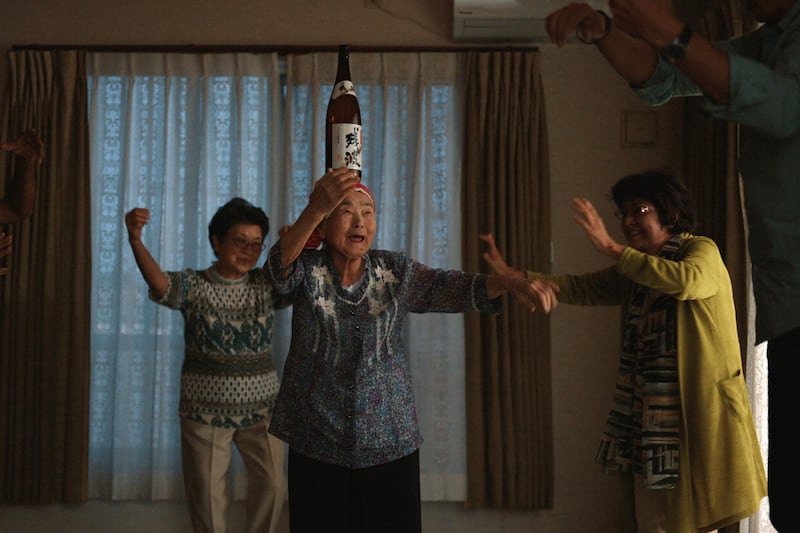My Dad, The Peace Deal and Me, BBC 1, Wednesday at 9pm
Patrick Kielty asks a pertinent question: “Have we spent the last 20 years papering over the cracks?”
The comedian and Troubles victim returned to his native Co Down to reflect on the 20th anniversary of the Good Friday Agreement and his own minor role in nudging us towards an accommodation.
He interviewed politicians, paramilitaries and people on the street and lamented the absence of a Stormont government after the collapse of the DUP/Sinn Féin partnership last year.
Overall the mood was sombre rather than a celebration of the anniversary, with Kielty pointing to the lack of reconciliation, the absence of an executive and the Brexit inspired rise of various forms of nationalism.
But perhaps the most useful part of the programme was when he spoke directly to former paramilitaries.
It’s not too often that we see victims asking questions of the victim makers.
Kielty’s father Jack was killed by the UFF in 1988 because he was a prominent Catholic in the village of Dundrum.
Former UVF commander and PUP representative Billy Hutchinson gave the familiar hunch of the shoulders when Kielty asked him why 20 years after the peace agreement there remained a mural of men with guns on the wall of his community building in north Belfast,
But his first question was less easy to answer.
“You joined the UVF at the same age (16) I was when my dad was killed, yet I never thought of joining the IRA.”
Hutchinson said he was deeply moved by a bomb on the Shankill which killed a baby when he was a young man, but the point had been made.
Indeed Kielty revealed that his uncle had been approached by the IRA at the graveyard on the day of his father’s funeral.
He said the man told his uncle: “We could properly use a couple of good, smart, strong, strapping lads like those Kielty lads if they are interested in revenge.”
“They were told in no uncertain terms where to go, “ he said.
Seanna Walsh, who read out the IRA statement announcing the end of its armed campaign in 2005, said his reason for joining was because of the behaviour of the British army.
“They would raid houses at four o'clock in the morning, seal off whole streets … if you weren’t quick enough to get your door opened you got it smashed in. And if you were in any way lippy, as teenagers tend to be, they would beat the crap out of you,” he said.
And despite the death and destruction he was “proud” of his participation.
Kielty should be proud of his contribution, in difficult times when he was suffering his own loss, his brave comedy helped to expose the absurdity of sectarianism.
Although he notes that 20 years after the agreement that less than 10 per cent of children attend integrated schools and that we still separate our 4-year-olds based on religion.
He concluded that the absence of political violence means that the Good Friday Agreement “has succeeded.”
“We have peace and where there’s peace there’ll always be a wee bit of hope.”
But the peace is not complete because division remains as strong as ever.
In an interview in her local church, DUP leader Arlene Foster revealed that should, sometime in the future, people vote for a united Ireland she would leave Northern Ireland rather than live in a place outside the United Kingdom.
Kielty answered his own question: “Without reconciliation you can’t have real peace.”
And we seem to be still waiting for real peace.








